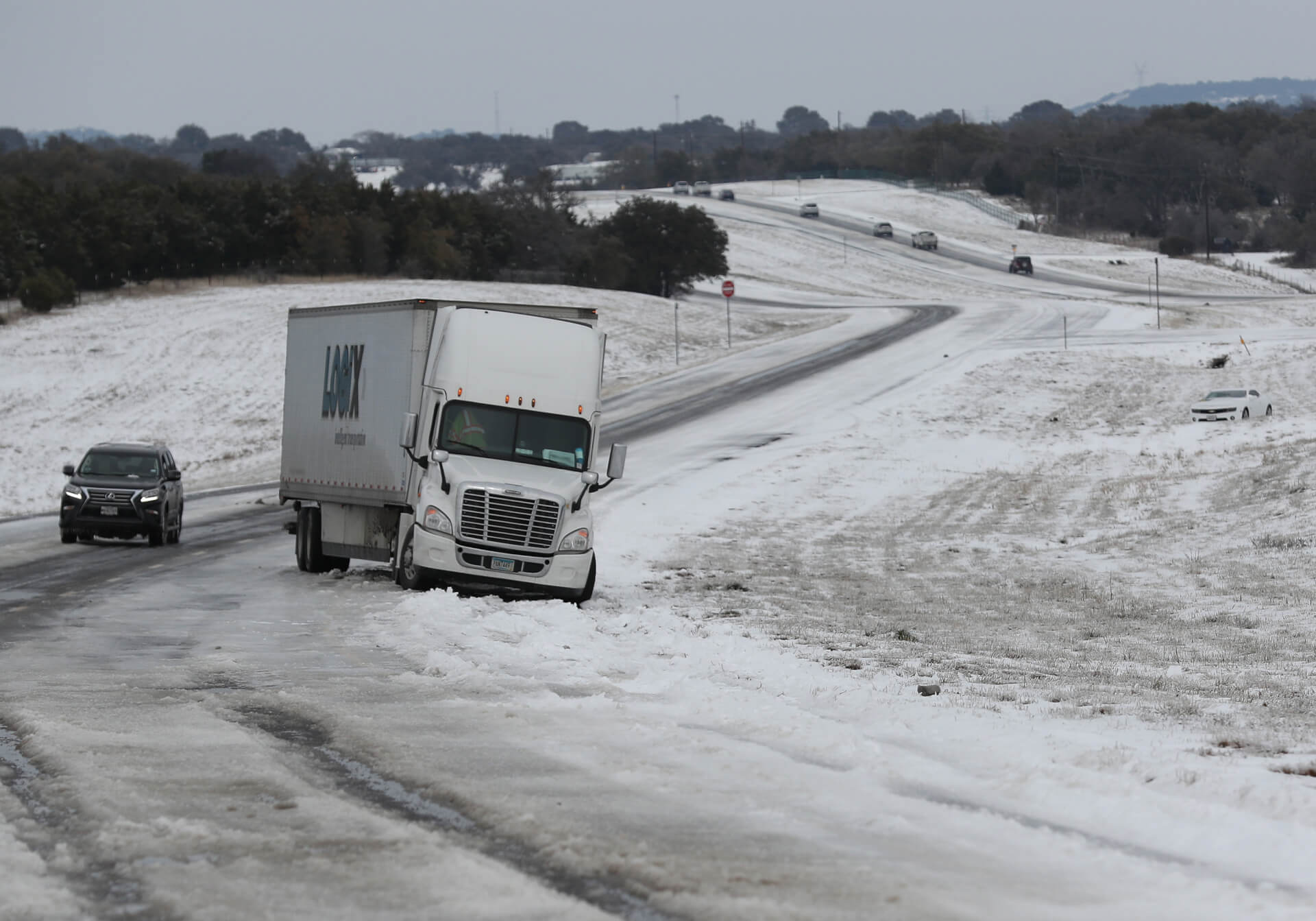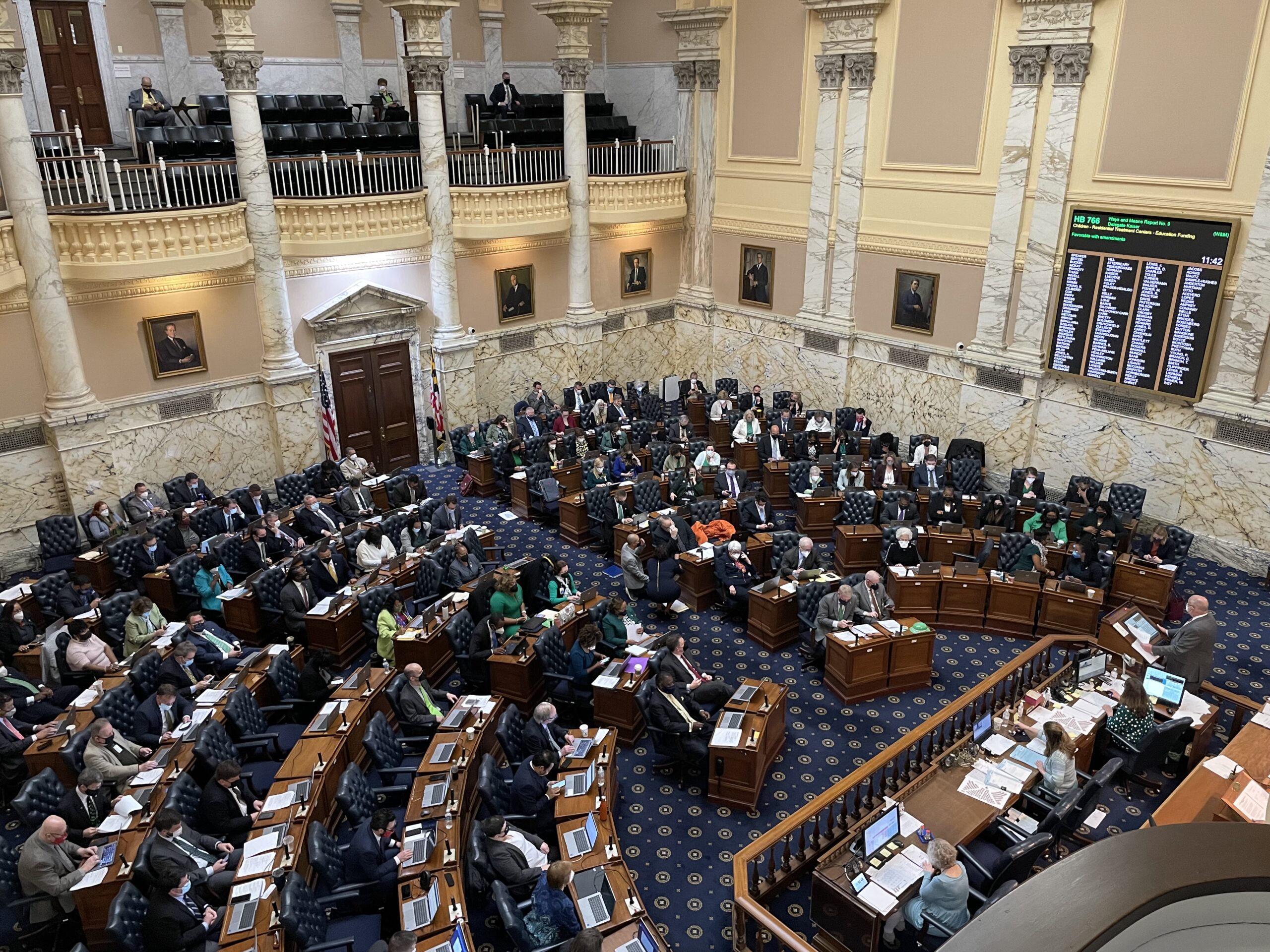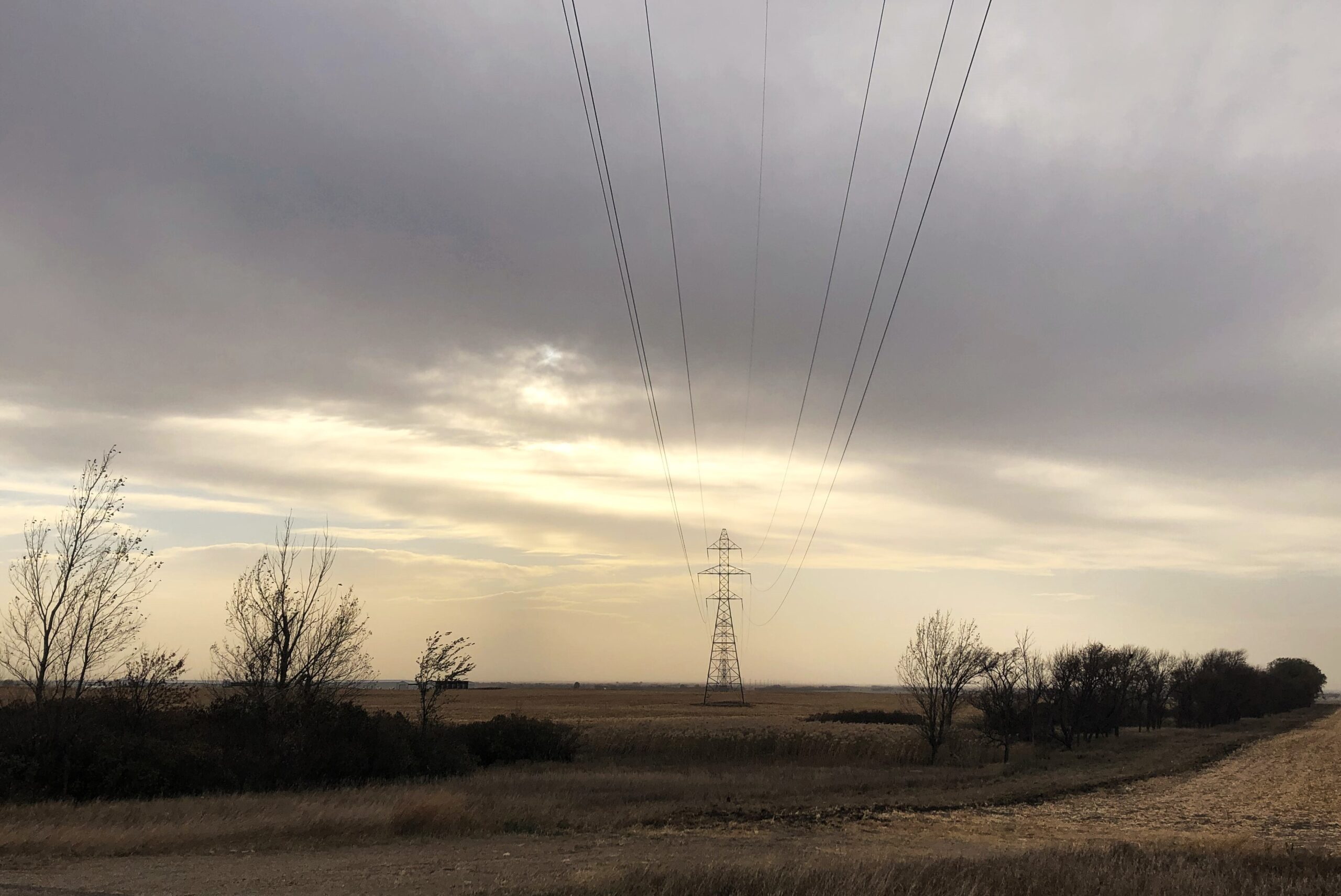
Let’s dispense with the elephant in the room. The Texas energy emergency last month was not a failure of the retail competitive energy market.
The emergency was the result of a chain of events and structural issues affecting electricity generation and wholesale markets. The system-wide event was triggered by unprecedented winter weather — subfreezing temperatures and frozen precipitation in warm-weather areas of the country not accustomed to such conditions.
Power generating plants, natural gas pipelines and gas wellheads froze, effectively interrupting electricity generation and driving wholesale costs to maximum levels. Compounding the situation was the fact that Texas is not interconnected with neighboring power grids, unlike the grid that serves Maryland. That meant Texas was a remote energy island when it most needed a bridge to backup sources of electricity.
In colder climates, such as the Midwest, Northeast and our own Mid-Atlantic region, the equipment used in generating electricity is protected from the winter weather. This includes generating equipment housed inside buildings, and wind turbines, such as those in Cumberland County, Pa., that have sensors and heating systems to ensure they can continue to operate in sub-freezing temperatures, as well as in snow and frozen precipitation.
You need further proof? Back in the winter of 2013-2014 a frigid polar vortex gripped much of the eastern half of the country. Temperatures plunged and the snow piled high. The wholesale price of natural gas — the benchmark commodity for generating electricity — soared. But unlike Texas in 2021, the lights stayed on.
The bottom line is that the Texas energy crisis was an infrastructure problem.

Del. Kathleen M. Dumais (D-Montgomery). Photo by Danielle E. Gaines.
My energy market reform bill, House Bill 1327, will allow our “Big Four” public utility companies to focus their attention and resources on the poles and wires that deliver electrons from power plants to our homes, workplaces and schools. The legislation relieves these utilities from the distraction of supplying commodity default service so they can focus on the job they are best at, which is delivering power to consumers.
An additional benefit of HB 1327 is it will give Maryland energy customers greater choices than ever before about who they buy their electricity from as well as how it is made. This includes access to 100% renewable electricity, “green” gas, and energy-saving tools. The result will be affordable and cleaner energy. And, by the way, less polluting energy helps in the fight against climate change — the catalyst behind extreme weather like the polar vortex.
HB 1327 does not stop there. The bill includes bold consumer protections. It prohibits the intrusive nuisance of salespeople knocking at your door. It makes energy providers responsible for billing customers (there’s no greater accountability for retail prices than putting the onus on companies to have to collect for their charges).
The bill ensures that only the most highly qualified companies are entrusted to serve essential energy service. The bill also prohibits the type of “Wild West” wholesale index pricing plans that are now saddling Texas residential customers with hundreds of thousands of dollars in unanticipated and crippling energy bills.
As Maryland and our region’s economy rebuilds from the COVID-19 pandemic, HB 1327 can contribute to job creation by incentivizing innovative companies to invest in alternative energy research and development. Compare that to the business model of the monopoly public utilities, which siphon money from captive ratepayers to guarantee a return on their capital investment.
We need willing and able industry partners with both the resources and the incentive to power up a clean energy economy. The record shows that the most enduring societal benefit of retail energy competition over the last 20 years has been the incredible growth of renewable energy and energy conservation technology in our country.
The weather emergency that unfolded in Texas is indeed tragic, but it should not be a politicized, knee-jerk excuse to reject real energy market reform that leads to infrastructure improvements, greater choices for Marylanders, strong consumer protections and investment in our state’s economy.
— KATHLEEN M. DUMAIS
The writer, a Democrat, represents Montgomery County’s District 15 in the House of Delegates. She is vice chair of the House Economic Matters Committee.





 Creative Commons Attribution
Creative Commons Attribution